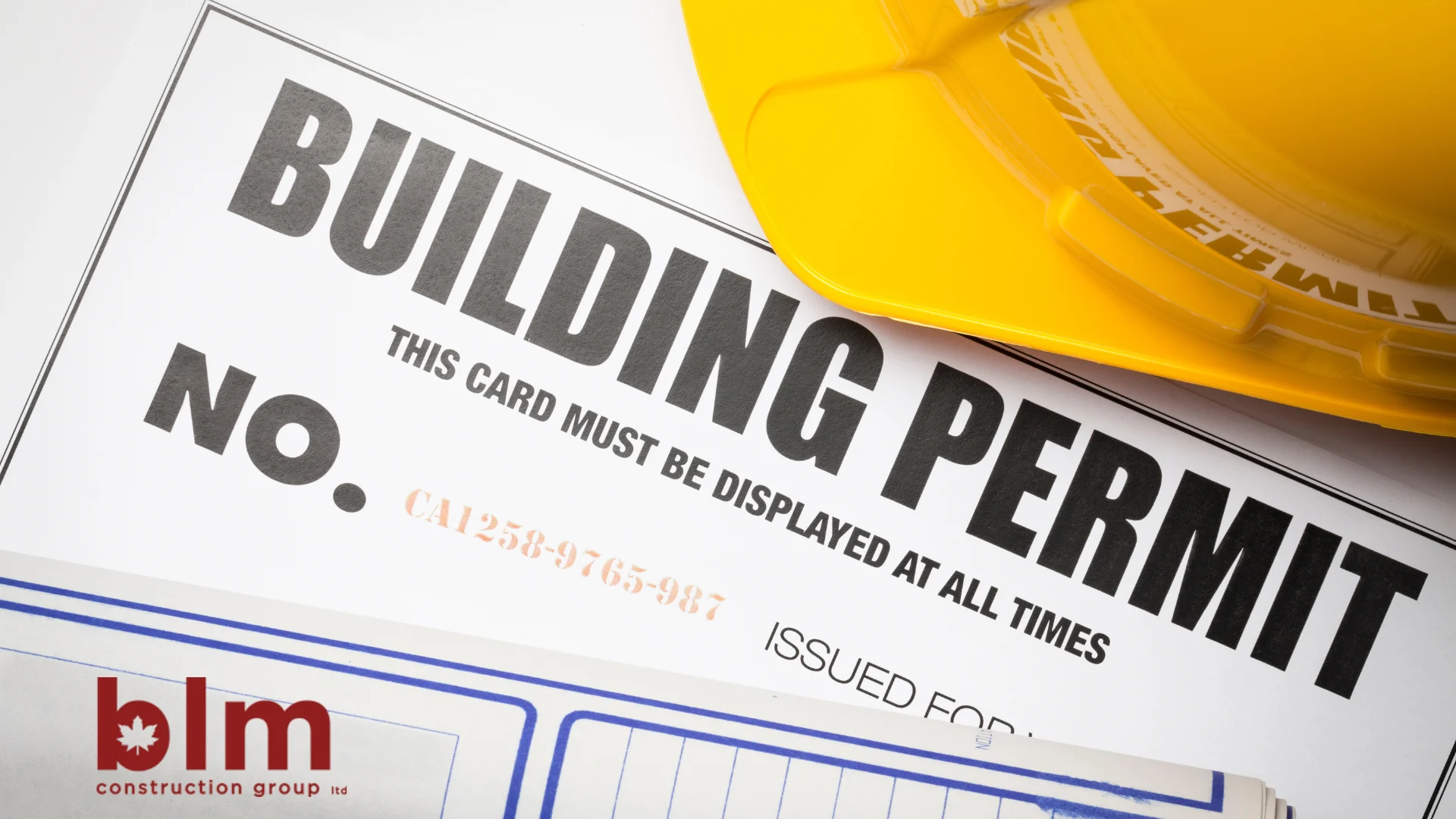This guide will provide you with effective tips to help you prevent clogged drains and ensure a hassle-free plumbing experience in your home. By taking simple, proactive measures, you can avoid costly repairs and maintain the efficiency of your plumbing system. From proper disposal practices to routine maintenance, these strategies will empower you to keep your drains flowing smoothly, saving you time and frustration in the long run.
Understanding Clogged Drains
The phenomenon of clogged drains is a common plumbing issue that can disrupt your daily routine. Understanding what causes clogs is vital for maintaining smooth plumbing in your home. Clogs can develop in any drain, whether it’s the kitchen sink, bathroom drain, or shower, leading to slow drainage or complete blockages.
Common Causes of Clogged Drains
Assuming a drain is functioning properly can lead to unexpected issues. Common culprits behind clogged drains include food particles, hair, soap residue, and grease. These materials often accumulate over time, creating blockages that hinder your plumbing system’s efficiency.
Factors That Contribute to Drain Blockages
While various elements can lead to drain blockages, certain factors significantly increase the likelihood of clogging. These factors include:
- Using too much toilet paper
- Poor drainage design
- Lack of regular maintenance
Knowing these factors can help you avoid potential plumbing problems in the future.
Another important consideration is the accumulation of items or materials that shouldn’t enter the drainage system. Factors that significantly impact drain blockages include:
- Flushing unsuitable items down the toilet
- Pouring grease or oil down the sink
- Failing to use drain strainers
Knowing how these factors work together can empower you to take proactive measures in preventing clogs.
Preventive Measures
Some simple preventive measures can significantly reduce the likelihood of clogged drains. Implementing regular cleaning and maintenance techniques will help keep your pipes clear and functioning smoothly. Be mindful of what goes down your drains, and adopt habits that protect your plumbing system.
Regular Maintenance Tips
Regular maintenance is key to preventing clogs. You should consider the following tips:
- Use drain screens to catch debris.
- Flush drains with hot water weekly.
- Perform a monthly vinegar and baking soda treatment.
- Inspect plumbing fixtures regularly for leaks.
Recognizing and addressing potential issues early can save you from expensive repairs down the line.
Recommended Products for Drain Care
Care for your drains by utilizing effective products designed to keep them clean and free-flowing. Look for enzyme-based cleaners that break down organic matter and avoid harsh chemicals that may harm your pipes. Opt for natural solutions, like vinegar and baking soda, for routine maintenance.
Measures such as keeping a stock of drain cleaning products at home can empower you to tackle minor issues before they escalate. Selecting reliable drain brushes or flexible cleaning tools can aid in physically removing stubborn clogs. By investing in the right products, you ensure the longevity of your plumbing system and enhance your overall plumbing experience.
Best Practices for Kitchen Drains
Now, maintaining your kitchen drains is imperative for a smooth-running plumbing system. Regular attention to your habits and disposal methods can minimize the risk of clogs and keep your drains clear. By following some straightforward best practices, you can ensure your kitchen plumbing remains hassle-free.
Cooking Habits to Avoid Blockages
Habits that might seem harmless can lead to significant blockages in your kitchen drain. Avoid pouring grease or oil down the sink, as they can solidify and create clogs. Additionally, be cautious when washing fibrous vegetables or large food scraps; always scrape plates into the trash instead of relying solely on your disposal. By making small adjustments to your cooking habits, you can significantly reduce the risk of clogged drains.
Proper Disposal of Food Waste
Little changes in how you dispose of food waste can make a big difference in preventing clogged drains. Instead of pouring remnants down the sink, consider using a compost bin or trash can for any leftover food particles. Be mindful to only use your garbage disposal for small, soft items, and always run plenty of water while operating it. This not only keeps your disposal functioning well but also protects the overall plumbing system.
Waste disposal is vital for maintaining clear kitchen drains. Use a separate container for waste and compost instead of relying heavily on your sink’s disposal. Only send small, soft food scraps down the disposal, ensuring you run water while it’s in use to help break down the waste. This simple practice will help you avoid buildup and clogs, allowing your kitchen plumbing to perform efficiently and hassle-free.
Bathroom Drain Tips
Not taking proper care of your bathroom drains can lead to major headaches down the line. To keep your plumbing smooth, consider the following tips:
- Use drain covers to catch hair and debris.
- Avoid flushing anything other than toilet paper.
- Rinse your drains with hot water regularly.
- Limit the amount of soap scum build-up.
Recognizing these simple practices can significantly reduce the risk of clogged drains in your bathroom.
Hair and Soap Scum Prevention
The accumulation of hair and soap scum is a common culprit behind clogged bathroom drains. To combat this, consider installing a mesh drain cover that captures hair before it enters the drain. Additionally, using liquid soaps instead of bar soaps can help minimize soap scum buildup, making your drains more efficient.
Regular Cleaning Routines
One effective way to maintain clear bathroom drains is to establish regular cleaning routines. Set aside time each week to perform a quick maintenance check of your drains and clean them out as needed to prevent buildup.
Another useful tip is to use a mix of baking soda and vinegar for natural drain cleaning. Pour half a cup of baking soda followed by half a cup of vinegar down the drain, let it sit for 30 minutes, and then flush with hot water. This not only breaks down existing debris but also helps eliminate odors, ensuring your drains remain in top condition.
Dealing with Emergency Clogs
Once again, you may find yourself facing an emergency clog that demands immediate attention. These situations can disrupt your daily routine and require quick action to prevent further damage to your plumbing system. Understanding how to manage these emergencies can save you time, stress, and potentially costly repairs. By staying calm and following some useful strategies, you can effectively address and mitigate the situation before it escalates.
Immediate Response Strategies
Response to an emergency clog involves swift action. Begin by identifying the affected drain and stopping any further usage to prevent overflow. For minor clogs, you can use a plunger or a drain snake to try to dislodge the blockage. Flushing with hot water or a mixture of baking soda and vinegar may also help in breaking down debris. The key is to act quickly without exacerbating the problem.
When to Call a Professional
Immediate action is necessary when your DIY attempts to resolve the clog are unsuccessful. If the blockage persists despite your efforts, or if you notice signs of water damage, it’s time to consult a professional plumber. They have the experience and tools required to diagnose and fix more complex issues safely and effectively.
This is particularly important if you encounter frequent clogs, gurgling sounds from your drains, or foul odors emanating from the plumbing. Those may indicate deeper plumbing issues that require specialized attention. Don’t hesitate to reach out for professional help to ensure your plumbing is back in top shape and to avoid potential hazards that may arise from unresolved clogs.
Long-Term Drain Health
Despite proper maintenance practices, your drains can still face issues over time. Keeping a proactive approach ensures that your plumbing remains in optimal condition for years to come. Regularly scheduled maintenance and consistent attention to what goes down your drains will significantly reduce the likelihood of clogs and costly repairs in the future.
DIY Drain Health Check
For a simple DIY drain health check, start by inspecting the flow of water in your sinks, tubs, and showers. If you notice slow drainage, it may be time to investigate further. Additionally, look for any unusual odors or gurgling sounds, as these can indicate underlying issues that require attention before they escalate.
Signs of Potential Drain Issues
One of the key indicators of potential drain issues is frequent backups or slow draining water. Pay close attention to multiple fixtures backing up simultaneously, as this can signal blockages deeper in your plumbing system.
Long-term proactive observation can help you spot signs of potential drain issues early on. Unpleasant odors in your kitchen or bathroom may suggest trapped debris, while water pooling around your fixtures can signal a more serious blockage. If you experience gurgling sounds or frequent drain backups, it’s wise to investigate right away to prevent further complications. Staying vigilant about these signs will help maintain your drain health effectively.
Keep Your Drains Flowing
A well-maintained plumbing system is essential for every Edmonton home, and preventing clogged drains is simpler than you might think. By implementing basic habits – using drain guards, regular cleaning, and being mindful of what enters your pipes – you can avoid those frustrating and costly emergency plumbing calls.
Remember these key takeaways:
- Install quality drain guards in all sinks
- Keep grease, food scraps, and coffee grounds out of your drains
- Schedule regular maintenance checks
- Use natural cleaning solutions instead of harsh chemicals
- Address minor clogs before they become major problems
Save yourself time, money, and stress by making drain maintenance part of your regular home care routine. When you need professional support, BLM Construction Group’s plumbing experts are here to help keep your Edmonton home’s plumbing system running smoothly year-round.







